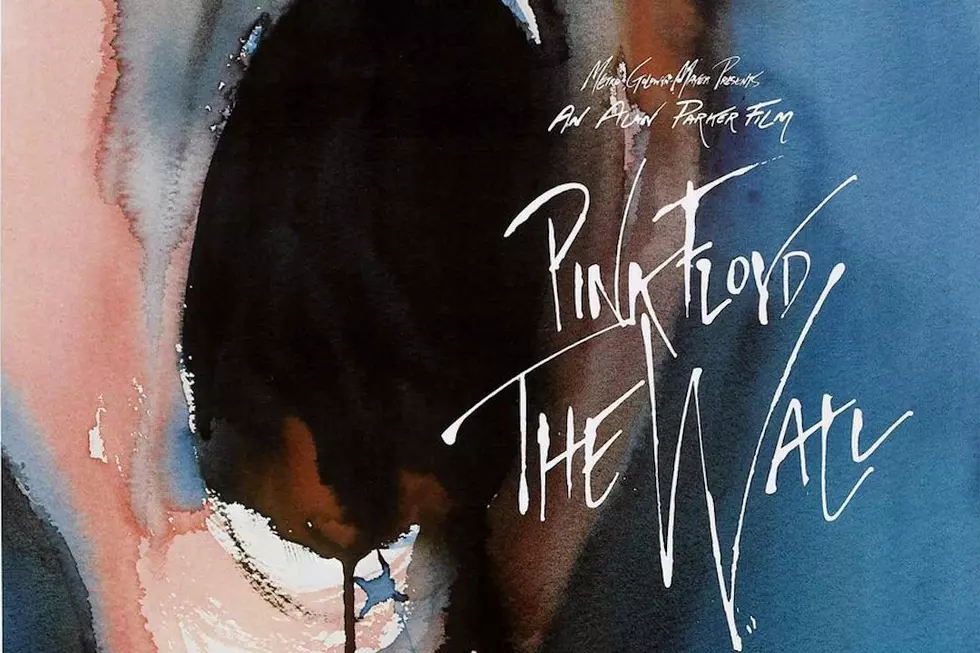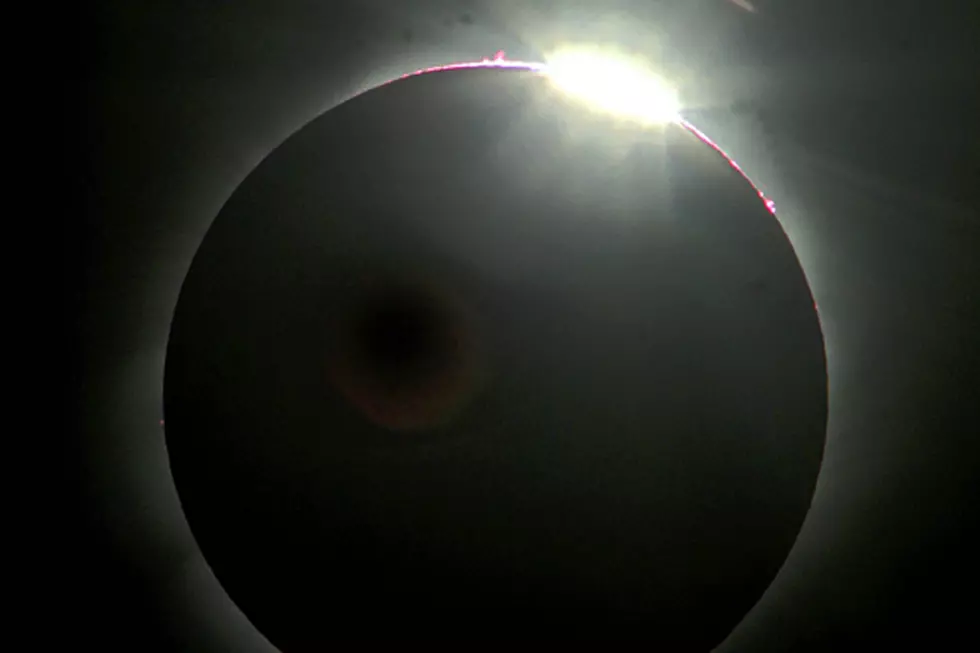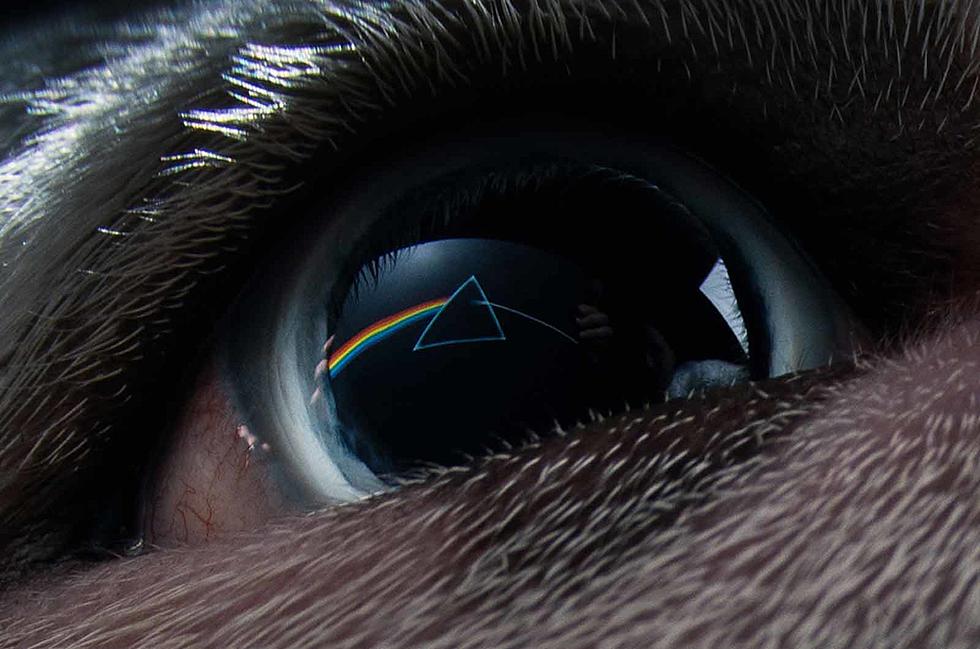
How Roger Waters Created, Then Lost Control of ‘The Wall’ Movie
By the time Pink Floyd - The Wall premiered in U.K. theaters on July 15, 1982, it had become something much different than what Pink Floyd co-founder Roger Waters first envisioned.
Well before director Alan Parker joined the production, Waters had already crafted a 39-page draft outlining a film that would mix concert footage with a plot mirroring the tale of growing isolation amid fame featured on Pink Floyd's 1979 album of the same name. That's not the way it turned out.
Along the way, there were furious clashes over the direction of the movie, which ultimately emerged without any on-screen performances by Pink Floyd. Waters took to actually admitting, multiple times and on the record, that the results were occasionally incomprehensible.
Parker, meanwhile, said making The Wall was "one of the most miserable experiences I’ve had working on a film, mostly because of Roger. ... The problem wasn’t over creative differences, just a collision of egos. [Waters] was used to being in control of his world and I was used to being in control of mine."
Waters was originally slated to take the starring role, with Parker serving as producer while cartoonist Gerald Scarfe (who had earlier created the album art for Pink Floyd) and cinematographer Michael Seresin directed. Waters was replaced, however, after poor screen tests. Once he no longer had a featured presence, the rest of Pink Floyd were taken out of the script, as well. Fed up, Seresin left too.
Yet the creative tension between Parker, Waters and Scarfe only seemed to grow. At one point, the animator admitted to hiding a bottle of whiskey in his car to help calm his jangled nerves. "I had to have a slug before I went in in the morning," Scarfe said in 2010, "because I knew what was coming up – and I knew I had to fortify myself in some way."
Production began in late 1981, with a budget of some $10 million. Parker's live-action scenes were boldly paired with moments of violent surrealism and wild animated segments from Scarfe. Bob Geldof starred as Pink, a rocker on the brink of insanity, with appearances by the late actor Bob Hoskins, Alex McAvoy and others in supporting roles.
At first, Pink builds a metaphorical wall to protect himself from his pain, then ultimately puts himself on trial in order to be set free.
"What happens is that the character recognizes, within himself, a lust for power and a lack of caring for other people’s feelings and other people’s needs – which he then projects into a fantasy of himself as a kind of fascist demagogue," Waters told Karl Dallas in 1982. "I’m not sure if that’s satire, but it’s an attack on parts of myself that I disapprove of – a sort of exercise in self-flagellation, I suppose."
Waters then admitted some basic confusion about the way things unfolded, and not for the last time: "No, that’s wrong; that’s the wrong image," he added. "The film gets so odd at that point, halfway through, the way that the character's examination of himself is portrayed – because that’s what it is – that I don’t know what I’d call it."
He wasn't the only one who seemed confounded by the film's unusual construction. After a midnight preview screening of Pink Floyd - The Wall at the Cannes Film Festival, directing legend Steven Spielberg was said to have turned to the head of Warner Bros., and mouthed: "What the fuck was that?"
On some level, Parker actually took great pride in reactions like that, since he was trying to break out of the typical movie-making form. "What the fuck was that, indeed," he later recalled. "It was like nothing anyone had ever seen before – a weird fusion of live action, story telling and of the surreal."
The film saw wider release beginning in August of 1982, and briefly reached No. 3 on the box-office charts – behind only E.T. the Extra Terrestrial, and An Officer and a Gentleman. By early 1983, however, Pink Floyd - The Wall had closed, having brought in about $22 million. It remains a cult favorite, though Waters continued to criticize the results – in particular the way Pink evolved on screen.
"I was a bit disappointed with it in the end, because at the end of the day I felt no sympathy at all with the lead character," Waters said in 1988. "I found it was so unremitting in its onslaught upon the senses, that it didn’t actually give me, as an audience, a chance to get involved with it."
Top 50 Progressive Rock Albums
Why Pink Floyd’s David Gilmour and Roger Waters Are Still Fighting
More From Ultimate Classic Rock









